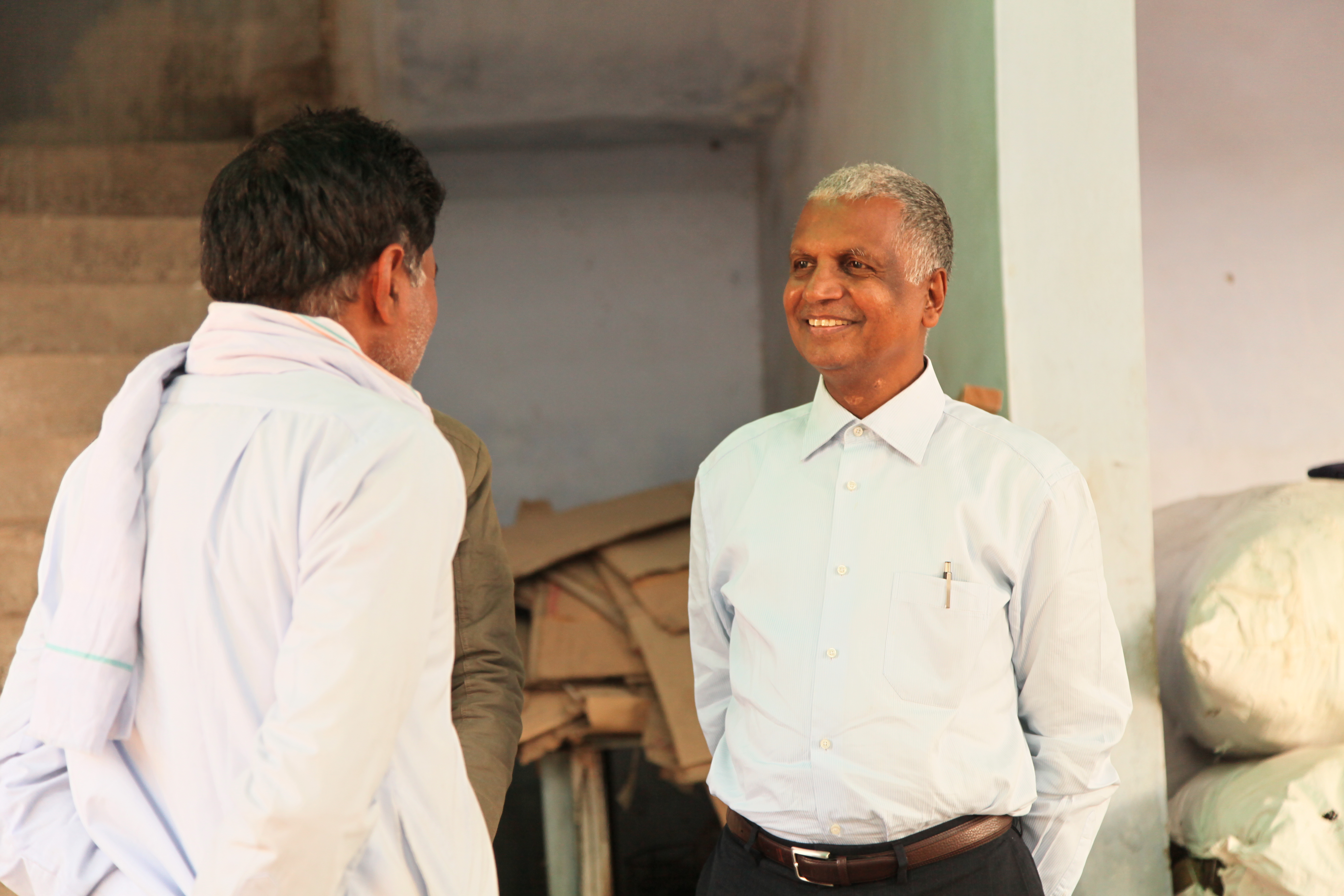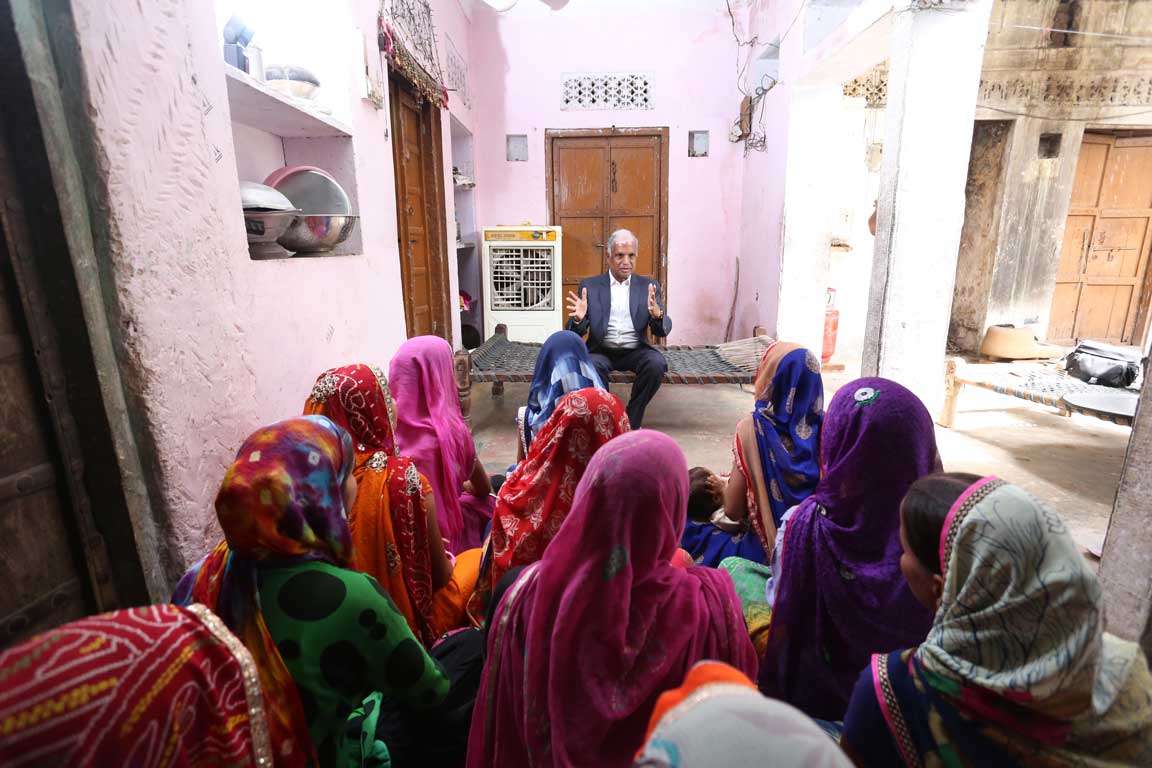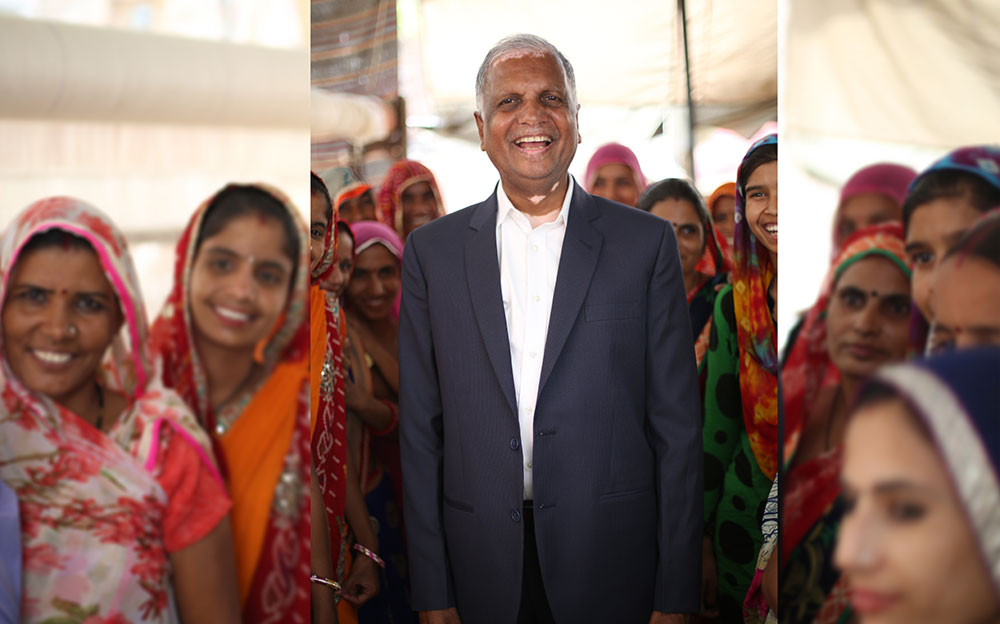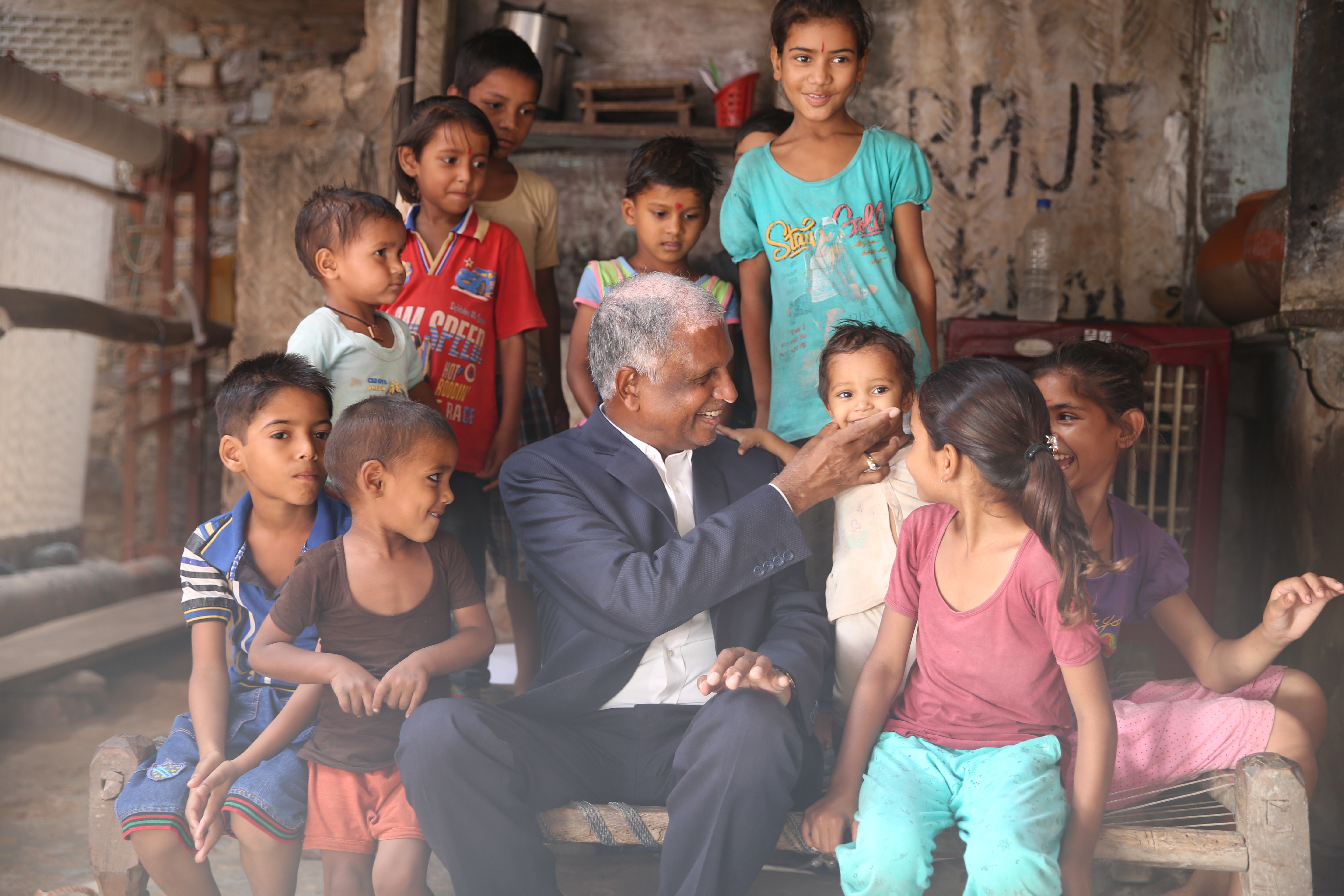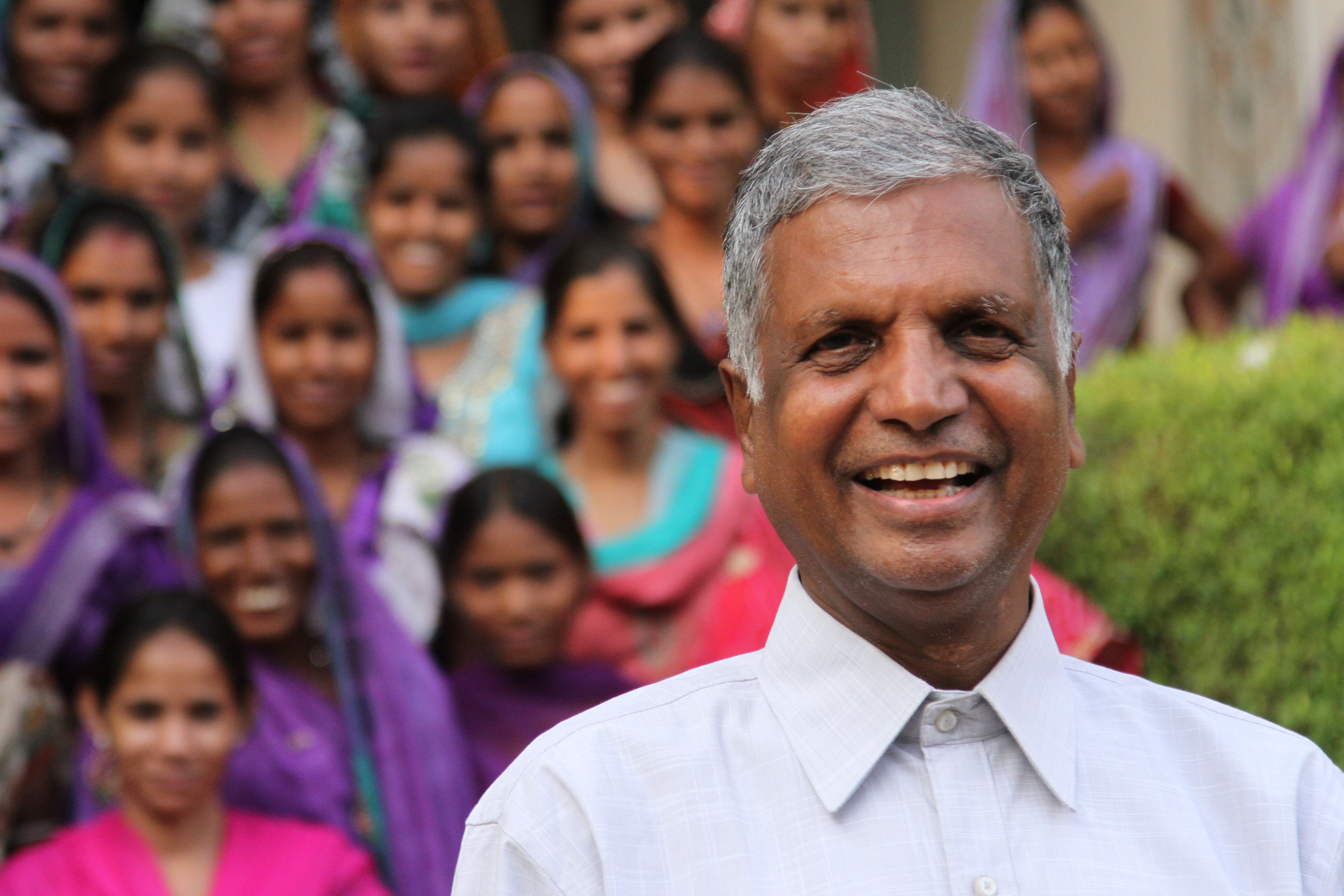It is safe to say that people fall into two broad categories: ones who are influenced by their environment and the ones who affect their environment. There is a big difference between these two types, and you can probably guess under which category good leaders fall.
Noted businessman and entrepreneur Richard Branson recently wrote a blog about the two types of people and came up with an interesting analogy. He describes those people who impact their environment as thermostats and people who are influenced by their surroundings as thermometers.
While it is an unusual comparison, it makes sense because a thermostat controls the temperature while the thermometer measures it. Any leader who wants to be effective will most definitely have to affect the “temperature” around him or her. It means having a big vision as well as a big heart.
I have always believed that in order to make a real impact on the world, you must start making changes yourself. Waiting for someone else to do this is not practical because you may have to wait forever. Everyone has good ideas although we may not always be encouraged to share them. People don’t have the confidence to voice their ideas. As a result, we miss out on a lot of good views.
Everyone – regardless of religion or socio-economic background – has something valid to say. That is why I always strive to encourage everyone to express their thoughts. When we have a multitude of ideas and opinions, only then can we affect change around us.
No one exemplifies a “thermostat” leader better than the late American civil rights pioneer Dr. Martin Luther King Jr. His son, Martin Luther King III, spoke about how the environment can influence people dramatically at a recent Virgin Unite gathering.
King was ten years old when his father was assassinated and, in a cruel twist of fate, his grandmother was shot to death six years later. After enduring so much heartache and tragedy, it would be natural for anyone to react negatively. King could have himself followed a path of violence and despair.
However, King did not give in to this impulse. He did not let the circumstances in his environment dictate how he would develop as a person. Just like his father, King became a community activist and civil rights leader. He became the epitome of a thermostat leader.
“Thermometers merely reflect the temperature of the setting they find themselves in, reacting to what happens around them – these are common,” Branson writes. “Far rarer is the leader who can be a thermostat, monitoring the environment, adapting where necessary, and acting to stimulate positive change. It is these leaders who can help create a better environment for everyone.”
Change happens and we should not be afraid of it. However, many do fear change because it is more comfortable when things stay as they are. But if we do this, then there is no progress. I try to embrace change as much as possible. If you view change in a positive light, then those around you will adopt this attitude.
Without these types of leaders, it is challenging to make effective change. Those who are more like thermometers might have a hard time influencing change because they remain stagnant and do not react to their surroundings.
The best leaders can assess a situation and then act accordingly. Some of the steps these types of leaders take may initially seem drastic or even foolish – but they will never fall into the status quo territory.
Good leaders react positively to what is happening around them instead of just observing. Be a thermostat type of leader and take your organization to new levels.
